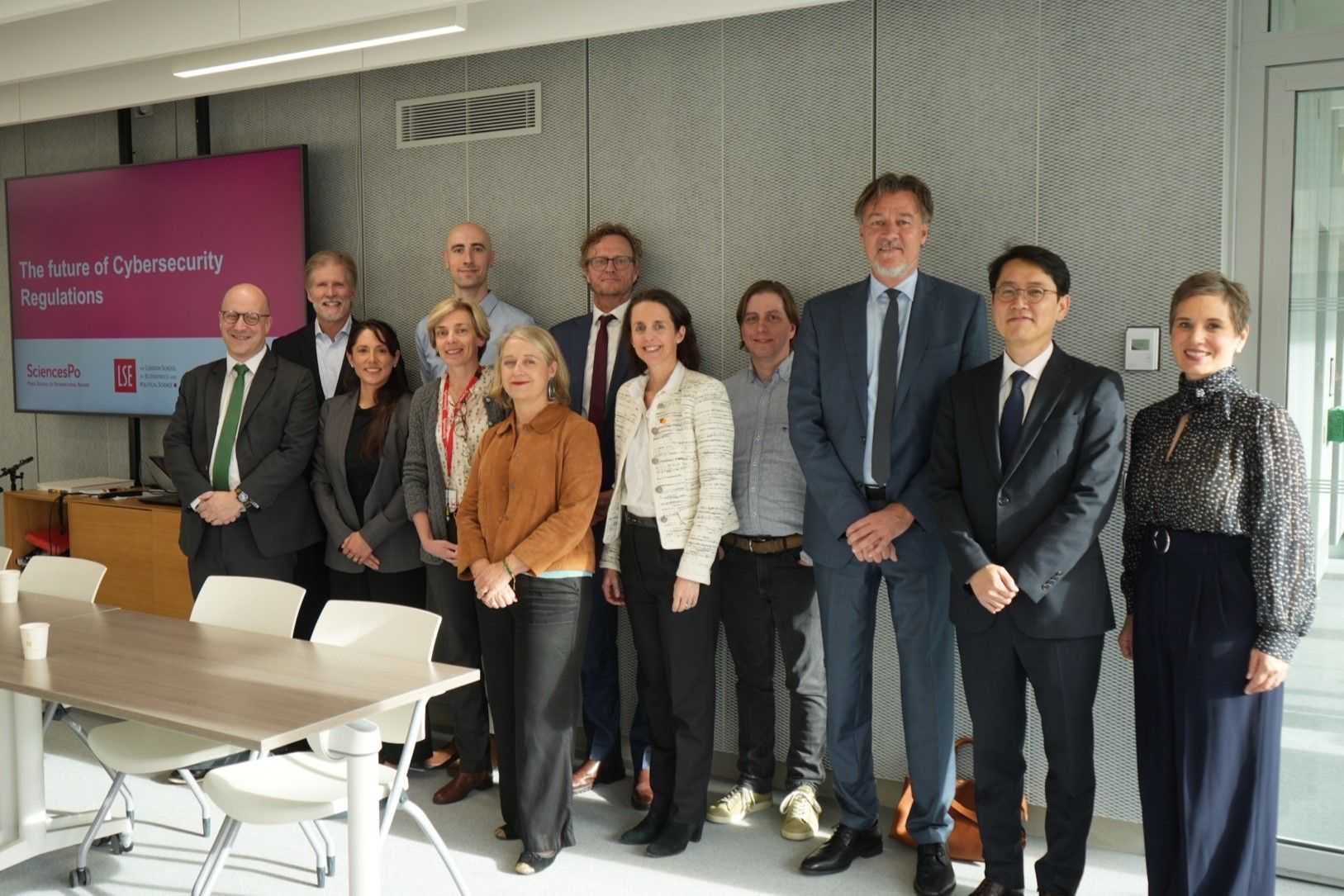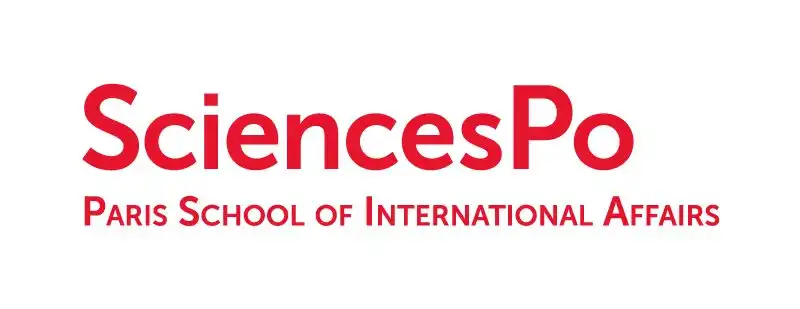Home>The Future of Cybersecurity Regulations: A lookback

07.11.2025
The Future of Cybersecurity Regulations: A lookback
On November 4, 2025, the SciencesPo Tech & Global Affairs Innovation Hub, together with the London School of Economics and Business at OECD, organized the Chatham-House style workshop "The Future of Cybersecurity Regulations". The event was the opportunity for policymakers, industry leaders, and academic experts to recognize the fragmentation of regulations in the area of digital security as a critical issue and expressed the need for a harmonization of the judicial system.
After the welcoming remarks of Constance de Leusse, the Hub's executive advisor, Pr. Alexander Evans, Associate Dean at the LSE School of Public Policy, and Nicole Primmer, Deputy Executive Director at Business at OECD, Florian Schütz, Chair of the OECD Working Party on Digital Security, and Jeff Bullwinkel, Vice President and Deputy General Counsel, Corporate, External and Legal Affairs at Microsoft, delivered their opening keynotes outlining the structural multidimensional trends shaping current cybersecurity regulations.
This workshop was collaboratively designed around two panels to tackle key challenges related to the fragmentation of cybersecurity regulations from government, business, and academic perspectives and to explore possibilities for greater international and public-private cooperation.
The first panel, moderated by Ulrik Knudsen (Chief Corporate Affairs Officer at NetCompany and Co-Chair, Business at OECD Digital Policy Committee) brought together experts from the public and private sectors:
- Jin Young Oh, Vice-President, Korean Internet & Security Agency (KISA)
- Jochem Wiers, Permanent Representative of the Netherlands and Ambassador to the OECD
- Caroline Louveaux, Chief Privacy Officer, AI & Data Responsibility, Mastercard
- Daniel Sereduick, Legal Director for Cybersecurity and Data Protection, Johnson & Johnson
- Virginie Degot, Global Data & Security General Counsel, Dassault Systems
Comparing their experience of cybersecurity norms across jurisdictions and stakeholders, the panelists highlighted the frictions resulting from the lack of homogeneous norms in various cybersecurity issues. These regulatory gaps generate individual compliance and enforcement costs for private and public stakeholders, but they also increase global cybersecurity risks. The participants proceeded to share good practices that exist in their organizations and countries, sketching out common actions that would drive better regulatory alignment and future cooperation.
The academic panel, moderated by the Hub's advisor, Pierre Noro, brought around the table:
- Aude Géry, PhD, Senior researcher in public international law applied to cybersecurity at Geode University Paris 8
- Pr. Josephine Wolff, Professor of Cybersecurity Policy at the Fletcher School of Tufts University
- Pr. Alexander Evans, Associate Dean of LSE School of Public Policy
In a lively conversation and Q&A with the packed audience, the academic experts offered a different outlook on the issue of the day, bringing a historical perspective to the fragmentation of ICT regulation, identifying relatively consensual areas that could be low-hanging fruits for regulatory convergence, as well as identifying which are the best fora to advance policy harmonization in spite of the current geopolitical tensions.
The strong international interest in the workshop, with public and private stakeholders coming from a dozen of different countries to SciencesPo, as well as the remarkable quality of the discussions confirmed the need for establishing a dedicated and regular dialog on cybersecurity regulations, properly interfaced with the existing working groups such as the one at OECD.
The success of the workshop and the comprehensive contributions of participants will also result in a white paper written by researchers from Sciences Po and LSE. It will summarize and elaborate on the key issues raised during the event and set the agenda for it to become a permanent fixture in the calendar of policymakers and cybersecurity experts from the industry and academia.
Got a question? Interested to be involved in the Hub?
If you wish to contact the team, feel free to email us at innovationhub.psia@sciencespo.fr
